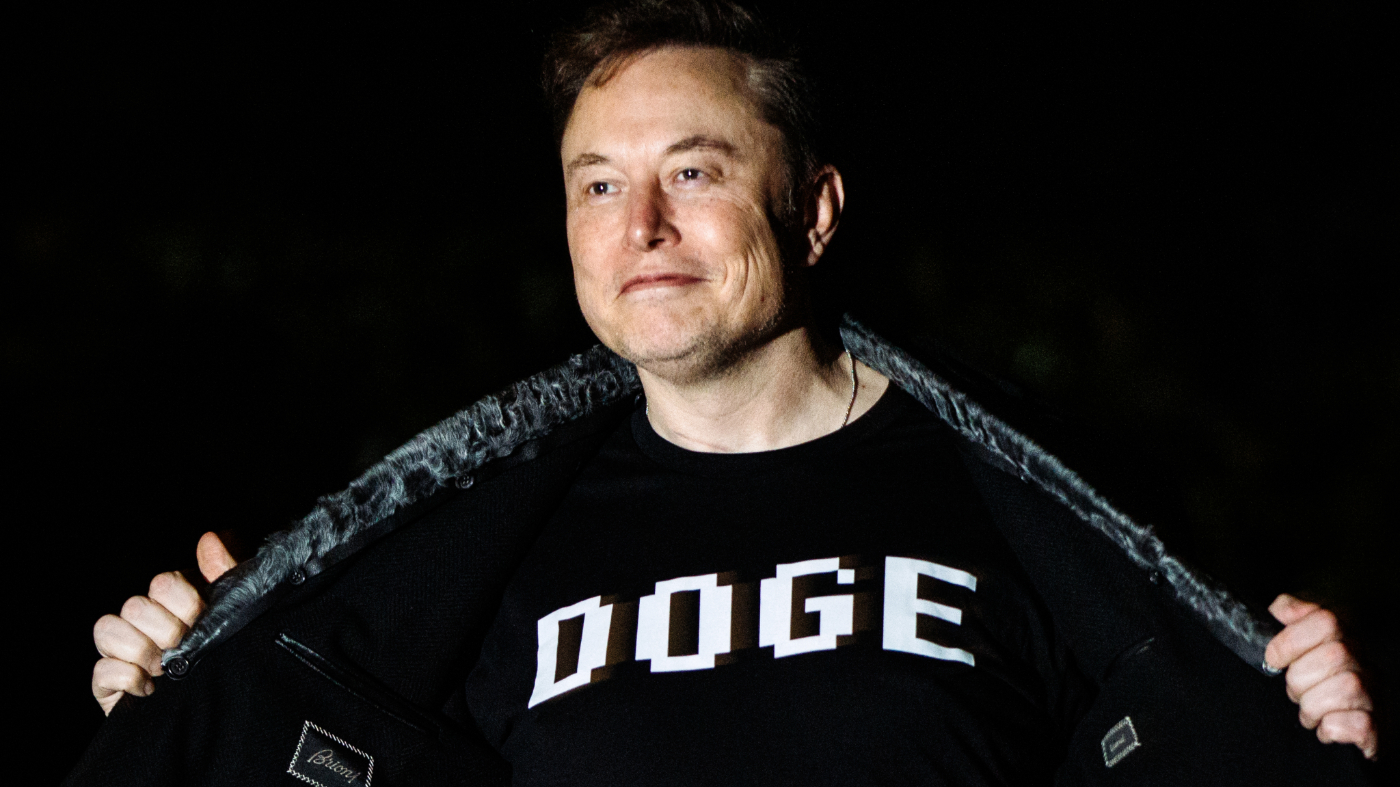
Billionaire entrepreneur Elon Musk has announced he was stepping down from a central advisory position in the Trump administration. His resignation, announced last night, closes the chapter of a tumultuous period during which the billionaire attempted to fundamentally transform the federal bureaucracy. At its core, the resignation highlights the underlying conflict between the deeply rooted libertarian philosophy of Musk and the day-to-day, often messy, realities of government policy.
Musk came on board in the Trump administration to head the new ‘Department of Government Efficiency' (DOGE) with a mission: to eliminate wasteful expenditures, reduce red tape, and make federal operations leaner, with trillions of dollars in planned reductions to start. It was a mission that played to Musk's long-established public image as an efficiency-championing innovator who disparages the government waste he sees as unnecessary and bureaucratic. He regularly touted bringing the lean, flexible practices of his private-sector companies to the massive government machine.
Then the ideal of radical efficiency came up against the realities of political maneuvering and legislative compromise. The tipping point, as disclosed by Musk himself, was the government's ‘One Big, Beautiful Bill Act.' The sweeping piece of legislation, a linchpin of the agenda of the government, combined tax cuts and increased immigration enforcement. Praised by some as a landmark piece of legislation, Musk spoke out against it in public, calling it a ‘massive spending bill' that would add to the budget deficit and ‘detract from the work the DOGE team is doing.' His straightforward opinion—'I think a bill can be big or it might be beautiful, but I don't know if it might be both'—precisely captured the ideological divide.
It was no secret how frustrated Musk was with the federal bureaucracy during his time in office. He reportedly found the system much more deeply rooted and intractable than he expected, frequently in conflict with other top administrators. Exhaustive efforts, which saw thousands of federal employees dropped off payrolls, notwithstanding, Musk conceded that DOGE didn't live up to its lofty expectations, becoming, as he put it, a ‘whipping boy' for systemwide problems.
Though his ‘Special Government Employee' term was to end, this public disagreement most definitely tarnishes his exit. It highlights the inescapable conflict that exists between a visionary of the private world, accustomed to rapid, top-down decision-making, attempting to navigate the Byzantine, consensus-based realm of government. The bill's ‘big government' policies were obviously an insult to the underlying views of Musk, as he often couches his endeavors in the language of advancing civilizations and optimizing efficiency. Musk's resignation is a potent reminder of the endless struggle to reconcile the imperatives of public policy and the ideologies of open markets, as well as his own personal choice to refocus his attention on his companies, including SpaceX and Tesla. It invites consideration of the possibility of such a dramatic internal upheaval and whether efficiency can actually thrive in the midst of the intricate dance of legislative reality with political compromise.












